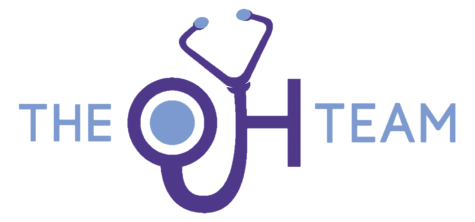Sickness Absence Management.
Sickness absence management is of key importance in every workplace as the impact of absence has a damaging
effect on your business.
Referring employees to occupational health professionals is regarded as the most effective approach to managing
long-term absence according to the CIPD’ annual absence management survey.
Most organisations aim to promote and maintain a healthy workforce, but there are times when a referral to a
specialist occupational health practitioner is essential to support the management of sickness absenteeism or the
identification of work-related health problems.
The Occupational Health Team will help manage any absence proactively and effectively.
Sickness absence monitoring and follow-up will be carried out to:
• assess the level of skill, physical and mental capacity needed for effective performance at work.
• evaluate whether the working environment is having an adverse effect on the individuals health.
• consider whether the individual's condition is likely to make it difficult for him/her to do their job safely.
As experienced Occupational Health professionals, we understand the implications of reduced productivity caused
by long term sickness absence and we will help and support a robust sickness absence policy to ensure that the
employee returns back to work as efficiently and as safely as possible.
The role of The Occupational Health Team is to provide a source of independent, expert guidance in interpreting
the available evidence.
We will be able to help you assess, for example, whether a given pattern of absence is likely to be consistent with
a stated medical condition, or whether the available evidence suggests some additional underlying factor that
hasn’t yet been identified.
Above all, We at the The Occupational Health Team will be able to advise you on whether additional information is
required and, if so, on the most appropriate sources.
The Occupational Health Team can help you reduce the number of days lost through ill health by implementing
effective absence management programmes, these could include:
• Measuring and monitoring the reason for absence – types, frequency and trends
• Working with line managers to help manage staff on long term sickness leave
• Pro-active measures such as introducing health promotion and wellbeing activities for employees

